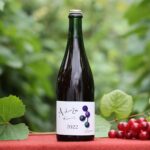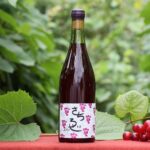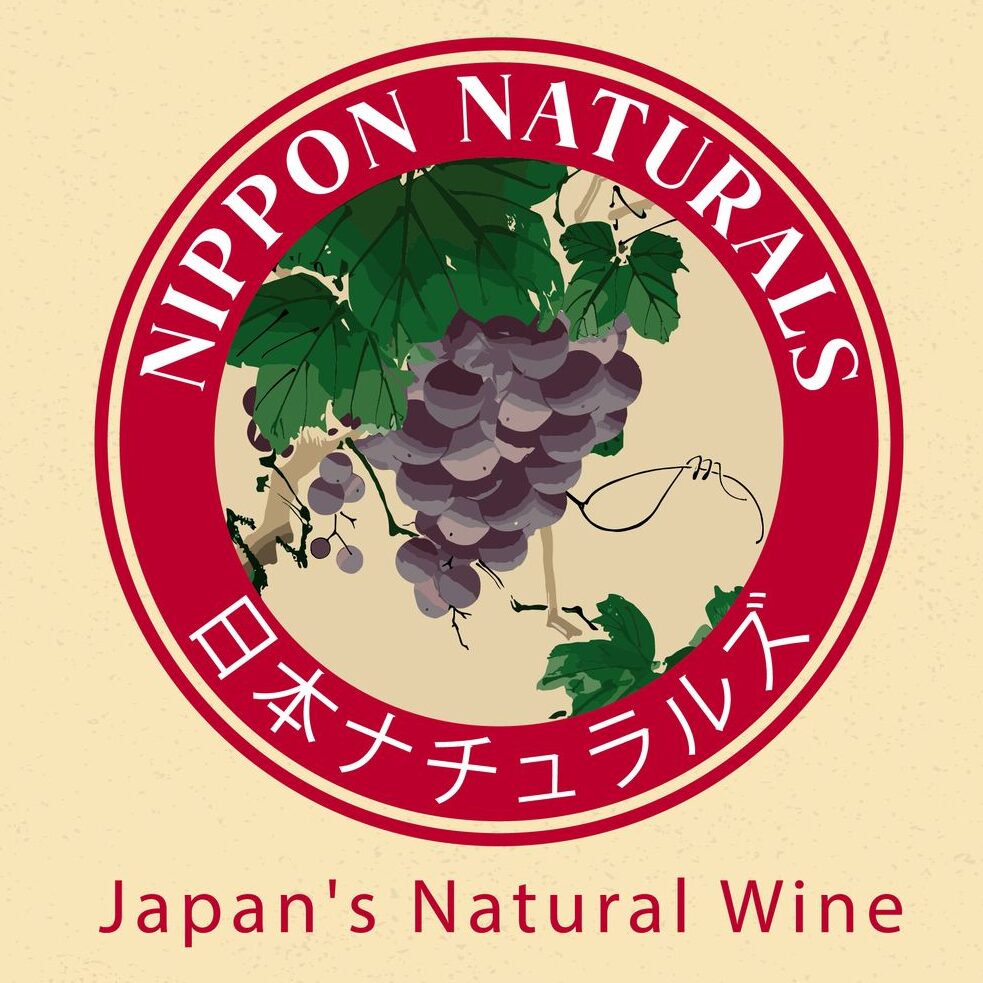NIPPON NATURALS
日本ナチュラルズ


Aizawa Nouen Winery, founded by Ichiro and Rina Aizawa, began with Ichiro’s father, Tatsuya, buying a vineyard in Memuro, Hokkaido, in 1998. In 2004, they expanded to Tokachi, Obihiro, clearing land for a new vineyard. Ichiro left his job at a gas company and joined them in 2015 to start the winemaking. They prioritize organic farming, benefitting from Hokkaido’s cold weather for pest control. Their vineyards focus on native grapes like Yamabudou, Kiyomi, and Yamasachi. They ferment with wild yeast, promoting a pesticide-free process. Despite challenges, they aim to share their unique wines globally and inspire more wineries in Tokachi, fostering community connections through winemaking.
Also known as Vitis amurensis. We grew this variety by collecting only the best-growing branches from those that grow wild in the mountains of Tokachi. This variety is characterized by its deep grape flavor, intense acidity, and rich wine-red color.
It was created by crossing Yamabudo (father) and Kiyomi (mother). We purchase seedlings from Tokachi Wine. This variety is characterized by its refreshing sour taste inherited from Kiyomi.
This is a selection of Seibel 13053. It is a variety characterized by its gentle color and refreshing acidity.


Founded – 2004 (vineyard) / 2019 (wine production)
Region – Hokkaido 北海道
Town – Obihiro 帯広市
Village – Itairacho
Climate – Humid continental climate with warm summers and cold winters
Soils – Wet type Kuroboku soil. The soils in the Tokachi district are Andosols, which have high clay minerals and organic carbon content.
Vineyard land – 5.5 hectares
Farming – Organic
Grower – Tatsuya Aizawa (vineyard) / Ichiro Aizawa (wine cellar)
Sprays – None
Fertilizer – None
Hand-picked – Yes
Natural yeast – Yes
Fining / Filtering – None
Added sulfites – Maximum 30 ppm
